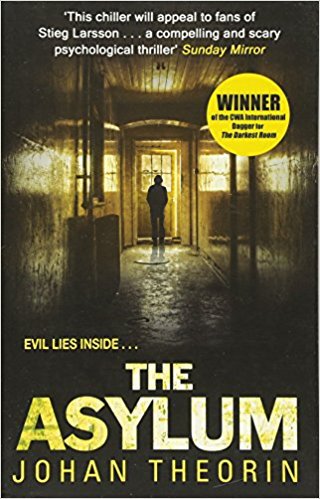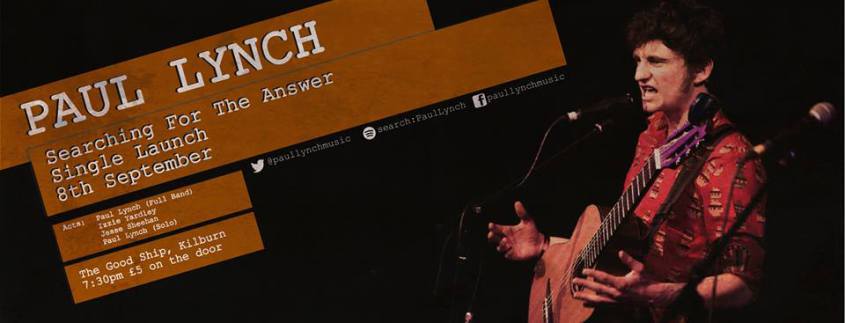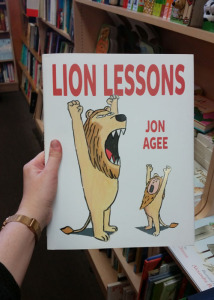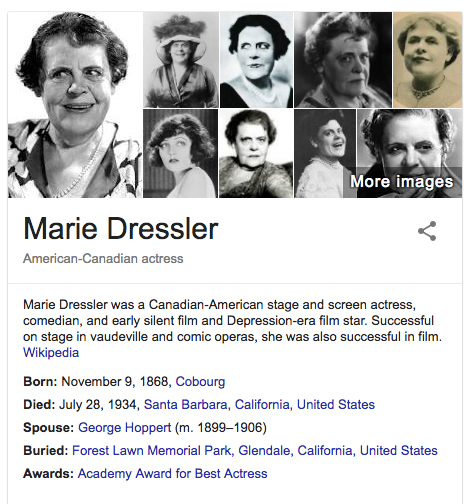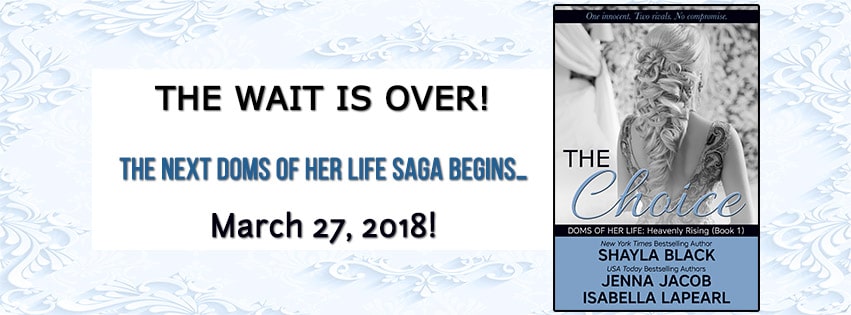
No reading year that begins with Virginia Woolf (as did 2016) and ends with Katherine Mansfield can be construed as bad. Nor was it, though I found myself – and this, as I’ve suggested before, may be a function of ageing – spending more time with and deriving more pleasure from books from earlier days than those published during the year.
Having started the year with Lawrence and ‘Sons and Lovers’, I moved on to Woolf and, accompanied by the first volume of her diaries and Julia Brigg’s excellent survey of her life and work, reread, with much pleasure and admiration, ‘Mrs Dalloway’, ‘To The Lighthouse’, ‘The Waves’ and ‘The Years’ together with, for the first time, ‘Night and Day’. Looking for something, to my mind, equally good but different, I moved on to Hemingway. Well, I was about to start writing a novel and in need of something bracing that moved to a different set of rhythms, one more suitable for my purposes. So, before setting out, I reread for the umpteenth time a generous selection of the short stories, followed by ‘For Whom the Bell Tolls’. And as I was hovering over chapter one, and thinking to prosper from his excellent example, I read again Peter Temple’s ‘The Broken Shore’ and ‘Truth’, in order to remind myself of the tautness, tension and sense of purpose that can be found in the very best of crime fiction.
Once safely ensconced in front of my computer in the mornings, my novel on course and moving along at a not unreasonble rate, I turned to Graham Greene for the sheer pleasure of good stories well told. ‘The Human Factor’ (under-rated), ‘The Heart of the Matter’ (a tad over-rated?), ‘The Comedians’ and, best of all, ‘The Quiet American’. Later in the year, I read, for the first time – what had I been doing? – Elizabeth Bowen (loved ‘The House in Paris’) and some Willa Cather I’d not yet got around to, ‘Alexander’s Bridge’, ‘The Professor’s House’ and ‘Death Comes for the Archbishop’. And yes, okay, in between all of this harking back I was reading newer things, trying and, all too often, finding them lacking. Tired and obvious in some cases, trying too hard in others. I had been knocked sideways by much of Eimar McBride’s first novel, ‘A Girl is a Half-Formed Thing’, scenes from which are vivid to me still, but didn’t finish ‘The Lesser Bohemians’, in which she managed to make the sexual dalliances and excessive drinking of a young drama student living in Camden about as repetitive and uninteresting (to others) as, looking back, they probably were at the time. As for George Saunder’s much-touted and prize winning ‘Lincoln in the Bardo’ – even for a writer, one of whose fortes is being experimental and clever (and who, especially when he forgets to be both of those things, has written some of the best short stories of the past decade or two) – it was too tricksy and clever by half. Unreadable.
I must have liked something. Well, yes. Woody Haut’s novel, ‘Days of Smoke’, was fascinating in the detailed and knowledgeable way it recreated the cultural and politcial turbulence of San Francisco and L.A. in the late 60s, and Henning Mankel’s ‘After the Fire’ dealt tellingly with issues of ageing and mortality that, to some of us, are becoming increasingly relevant. Jane Harper’s CWA Gold Dagger winning, ‘The Dry’, was compelling and believable until she felt the need to pull a plot twist out of nowhere towards the end, which lost my sympathies but clearly not that of the judges.

Almost more than any other, I enjoyed and admired Ann Patchett’s ‘Commonwealth’, a skilfully crafted and in some ways old-fashioned novel, which follows the connections and disconnections of two American families from the 60s to the present, and which I found totally absorbing. I also very much liked two of the novels that were short listed for this year’s Goldsmiths Prize: Sarah Baume’s ‘A Line Made By Walking’, which traces a young woman’s deliberate retreat into solitude in prose that is clear and direct yet evocative and moving; and Jon McGregor’s ‘Reservoir 13’, which is set in a Derbyshire village where a teenage girl has gone missing.
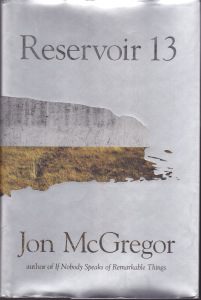
McGregor is one of my favourite contemporary writers and three of his books – ’So Many Ways to Begin’, ‘Even the Dogs’ & ‘This Isn’t the Sort of Thing That Happens to Someone Like You’ – are amongst my favourites of the past twenty or so years. I read ‘Reservoir 13’ the moment I got my hands on a copy and then, almost without a break, read it again, the second time to remind myself of what I’d liked, but also because I was hoping to find whatever it was I’d been missing – not the facts about whatever happened to the missing girl, I didn’t need that, nor did I read with an expectation the mystery would be solved; what I’d missed was more about her family, more about the people of the village – in exchange for which I would quite happily have settled for less about the cyclical life of bats, birds and the bloody foxes.
Much of what I wanted is there in the fifteen short stories of ‘The Reservoir Tapes’ that are currently being broadcast on BBC Radio 4 and are available both as a download and, now, a book. If, instead of being issued as a companion piece, all – or most – of that material had been included in the original novel, I think it would have been a more complete and satisfying work. But even as I write this, I know (or think I know) that kind of completeness is not what McGregor is after in ‘Reservoir 13’, what he’s setting out to achieve; this is more a narrative that darts its way in and out, giving us a moment here, a moment there; a voice raised, a sudden sharpened glance; a mosaic from which we build our portrait of these lives. And the writing, the prose is so skillfully handled; like Sarah Baume’s in some regards, it is delicate but strong. Push it and it may bend but not break.
And next year, once I’ve finished rereading Katherine Mansfield’s excellent short stories for the fourth or fifth time … ? Well, with the gorgeous new Vintage Classics editions to hand, all with beautiful covers created by Aino-Maija Metsola, it may be the third year in succession I turn to Virginia Woolf to begin …
Mrs Dalloway said she would buy the flowers herself.

- More
